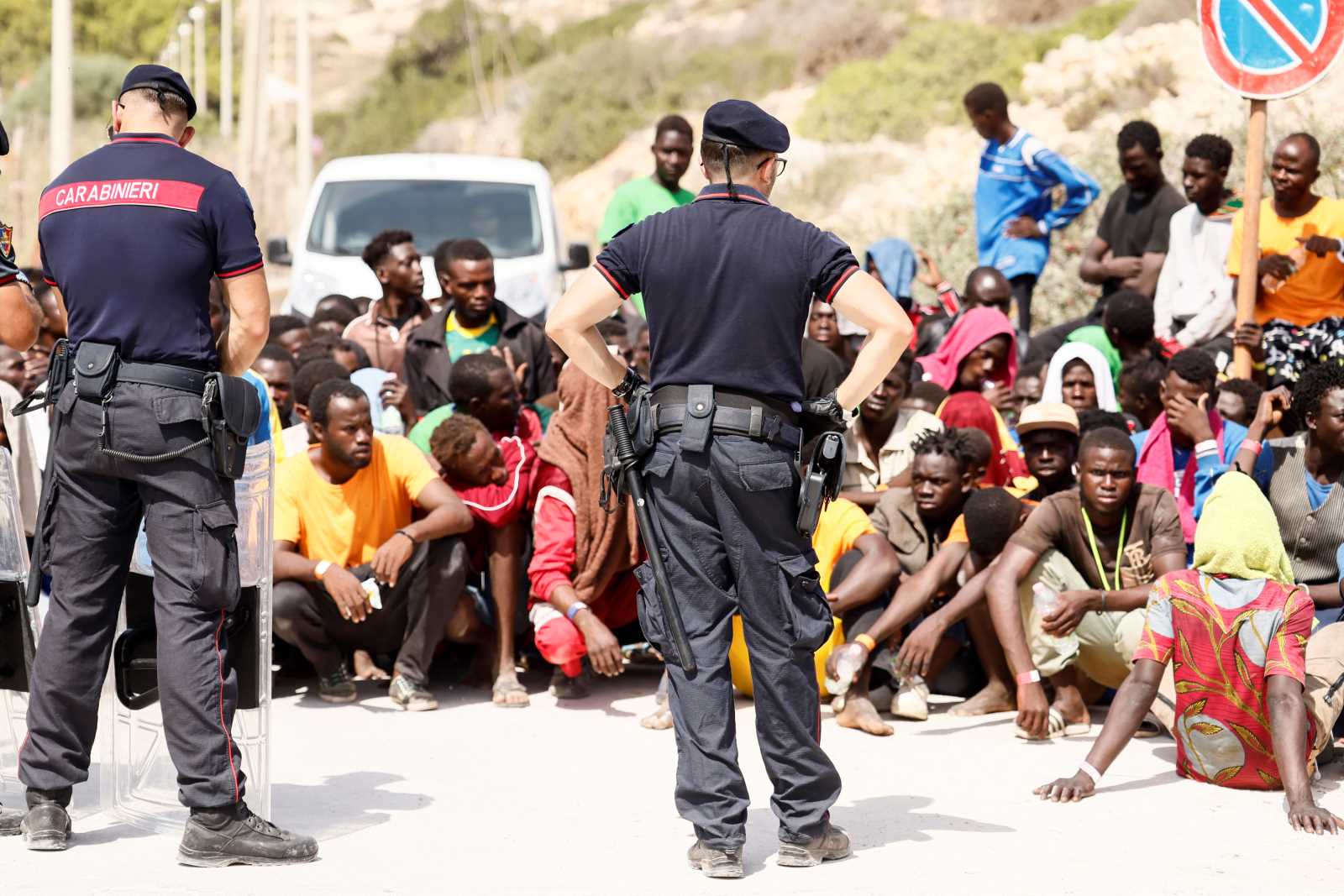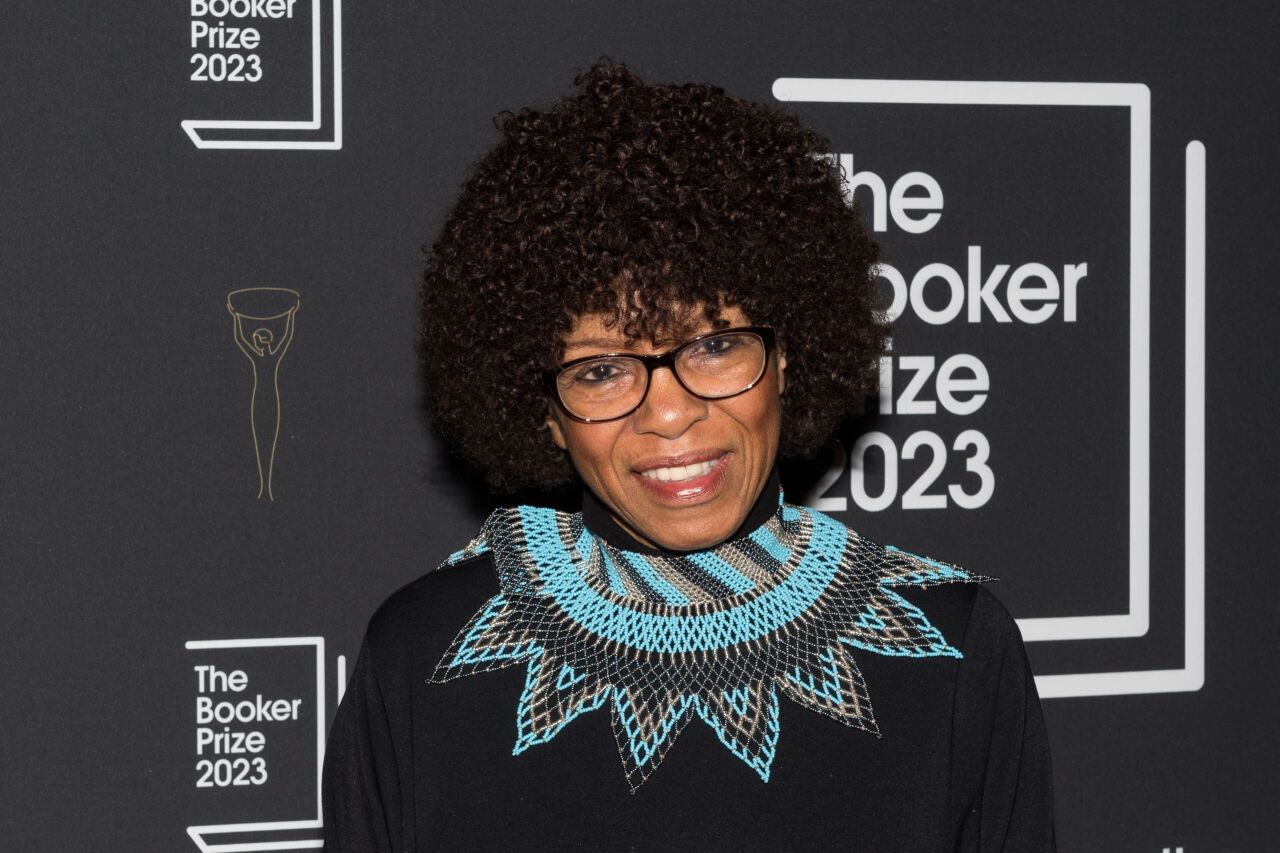Our View
Battles over selves

“Identity” is one of those terms that is used in an inflationary way without really understanding what it means. That is due to the nature of the idea: few concepts are so difficult to grasp, yet at the same time so foundational to one’s own sense of self.
The psychoanalyst Erik Erikson wrote that identity unites two – often contradictory – things: how others see me and how I see myself. Identity distinguishes me from others while also making us the same.
In relation to society, this means that identity implies both integration into it and differentiation from it. Thus, it is easy to see why politics makes use of identities.
Identity politics are justified when they help fight the oppression of various groups around the world. But they are misdirected when they hinder inclusion and pit disadvantaged groups against each other. Social justice recedes when, for example, low-income white people are played off against Black people in the USA, or when social-welfare recipients are pitted against migrants in Europe.
Right-wing populist parties are masters at this. At the same time, they manage to win over groups who would suffer significant disadvantages under right-wing populist governments. Multi-billionaire Donald Trump presents himself as the voice of the underprivileged in the USA and is gaining increasing support from Blacks and Hispanics. In Germany, women make up 44 % of potential Alternative for Germany (AfD) voters – even though the party’s programmes promote a return to traditional gender roles and deny the gender pay gap, for example.
Class struggle and identity
Part of the identity-politics success of right-wing populists also lies in the fact that they offer simple answers to difficult questions. Left-wing politics, on the other hand, tend to differentiate to the point of fragmentation, which is leading to their undoing in many places at the moment.
Components of an identity must be thought of together, because no person has only one identity, and identities change over time. Gender is bound up with skin colour, ethnicity and class, along with sexual orientation, language, religion and physical and mental health. This multiplicity of identities offers an opportunity for overarching solidarity: people with different skin colours join trade unions, African women of various ethnic communities advocate for their rights together, and language communities in India act independently of caste.
At the same time, in countries in Africa, Asia and Latin America, identity politics are often directed at individual markers. In India, President Narendra Modi campaigns against religious minorities, while in many African countries, tribalism continues to shape everyday life, and ethnic background can determine elections.
In order to achieve the UN’s Sustainable Development Goals (SDGs), equality has to be placed at the centre of political activity. Sustainable change can only be achieved if everyone participates – in the conviction that all will benefit equally, despite their differences.
Katharina Wilhelm Otieno belongs to D+C/E+Z’s editorial team.
euz.editor@dandc.eu















